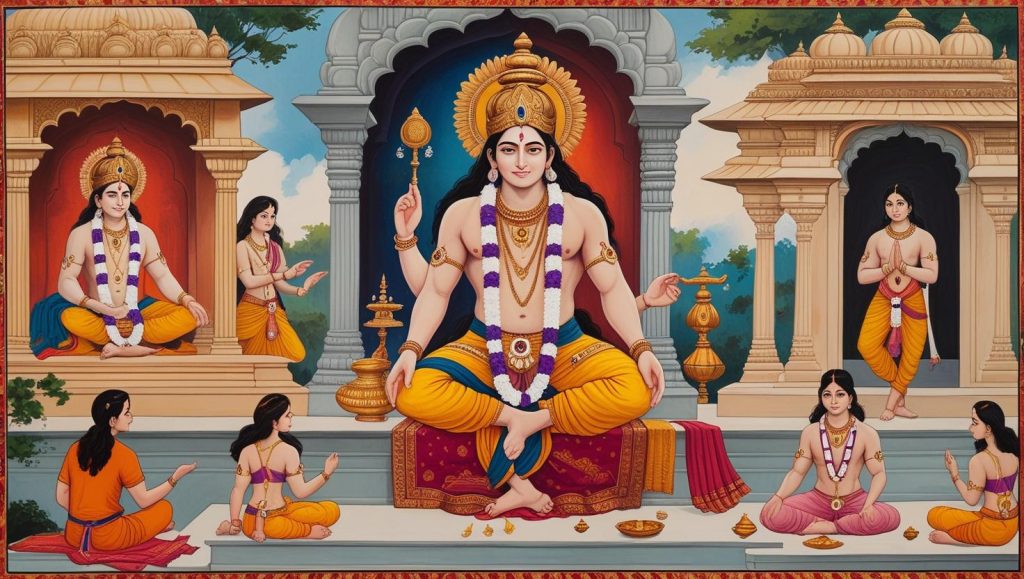Tirthankar Ajitnath, revered as the second Tirthankar in Jainism, holds a prominent place in several ancient Jain scriptures that preserve his life story, virtues, and spiritual contributions. Texts such as the Kalpa Sutra, Trishashti Shalaka Purusha Charitra by Acharya Hemachandra, and various Agamas offer rich details about his birth, renunciation, enlightenment, and liberation.

According to these scriptures, Ajitnath was born to King Jitashatru and Queen Vijayadevi in Ayodhya. From an early age, he exhibited extraordinary wisdom, compassion, and self-control. These qualities are consistently highlighted in Jain literature as examples for spiritual seekers to follow. The scriptures describe his Five Kalyanaks — significant events in his spiritual journey — and explain how his elephant emblem symbolizes majesty, moral strength, and calm authority.

The ancient Jain texts also preserve the discourses delivered by Ajitnath after attaining Keval Jnana (omniscience), where he expounded the eternal truths of Ahimsa (non-violence), Satya (truthfulness), and Aparigraha (non-possessiveness). These scriptural accounts continue to guide practitioners, offering both historical insight and timeless wisdom.


